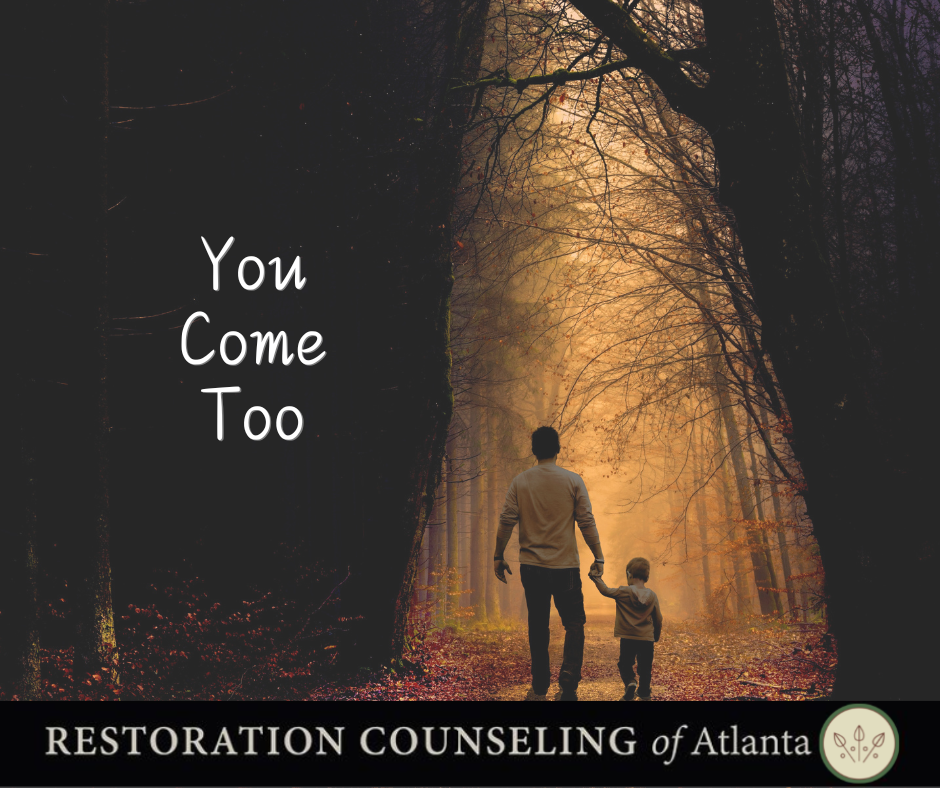I watched the child’s father finish his breakfast. In what seemed a single fluid movement he placed the knife and fork across his plate and pushed into his mouth a last corner of toast he used to wipe up a streak of egg yolk from the plate and stood to his feet, the calves of his legs sliding the kitchen chair back from the table. Doing this, he spoke to no one in particular, I’ll be going now.
At the familiar sound of the familiar voice, the child as yet just starting to crawl looked up from where he sat on the linoleum floor and watched his father’s retreating back as it passed out of sight through the kitchen doorway.
In that fleeting moment I thought I saw a look of dismay or worry or maybe even fear as the child’s eyes followed the disappearing man and stayed briefly gazing at the empty doorway where he vanished as though hopefully he might just as quickly reappear. And then the impression was gone the way sometimes a flash of lightning in a dark forest gives you a glimpse of day so brief that you are left wondering what you saw. And although you don’t have words to describe it, somehow you suspect it was heaven’s sound bite. The incident left me wondering what had just happened to the child. I wondered if something untoward had happened, and the therapist in me wondered what would make it better.
Developmental psychology talks of object permanence. Put simply it is the ability to know that objects or persons continue to exist even when they are out of sight. This ability usually develops during the first year, and it can be a factor in the development of childhood separation anxiety tied to the fear that the departed caregiver who does exist and is gone will not return. It can also become a factor in the genesis of an attachment disorder when the departed caregiver does not return.
But I am not here to explore Piaget’s theories of child development. Plenty of books have been written on the subject and the information is just a Google away. But I would like to replace the father’s statement at the opening of this article with the following poem by Robert Frost.
I’m going out to clean the pasture spring;
I’ll only stop to rake the leaves away
(And wait to watch the water clear, I may):
I sha’n’t be gone long.—You come too.
I’m going out to fetch the little calf
That’s standing by the mother. It’s so young,
It totters when she licks it with her tongue.
I sha’n’t be gone long.—You come too.

Written by: Patrick Caffrey, LPC
pat@restorationcounselingatl.com, ext. 114
Patrick counsels adults who struggle with alcoholism and other forms of substance abuse, as well as related family issues. These include adult children of alcoholics (ACOA) and persons who are codependent. Pat has also written and published three books addressing the subject of addiction. His books are available through www.amazon.com or may be purchased at the Roswell office.

